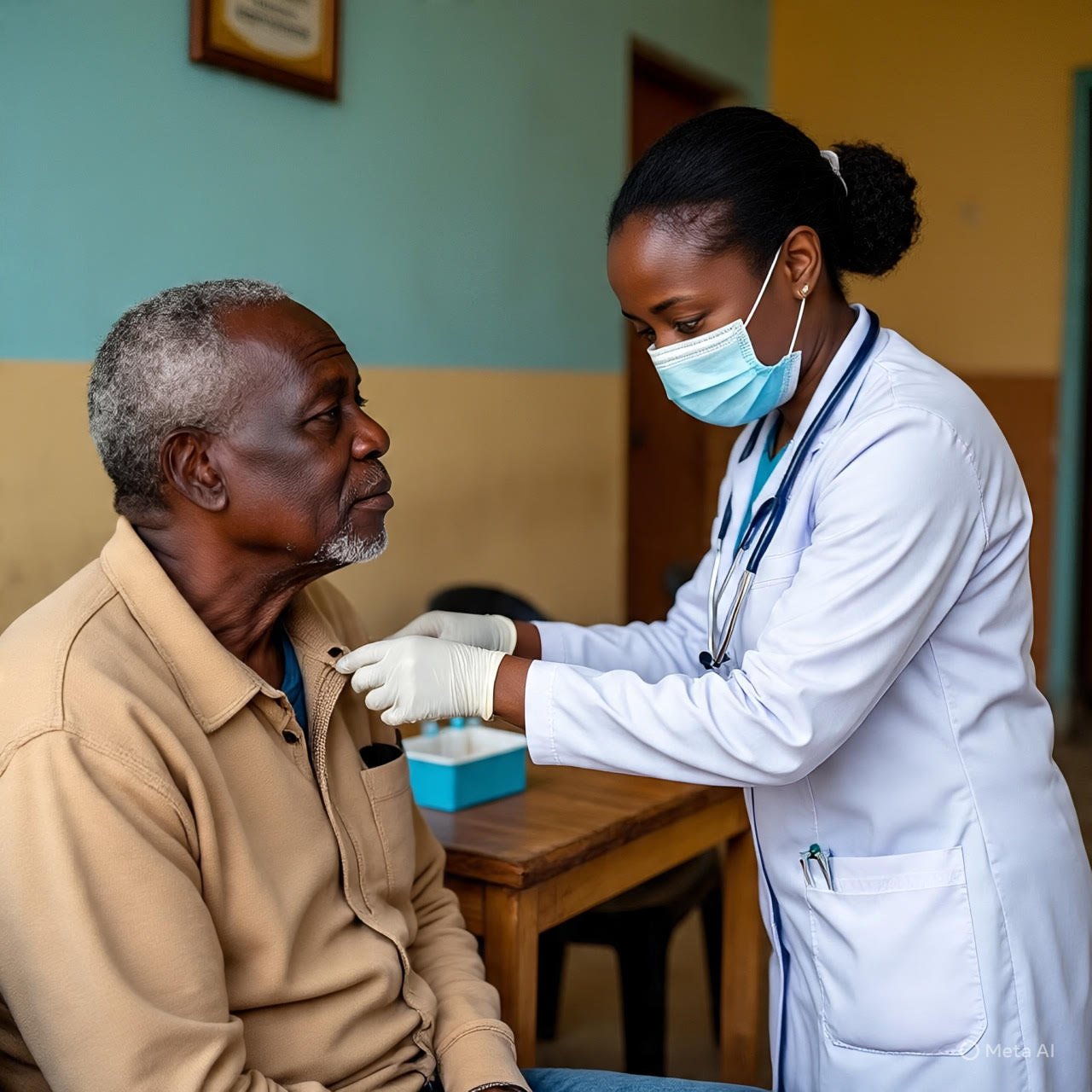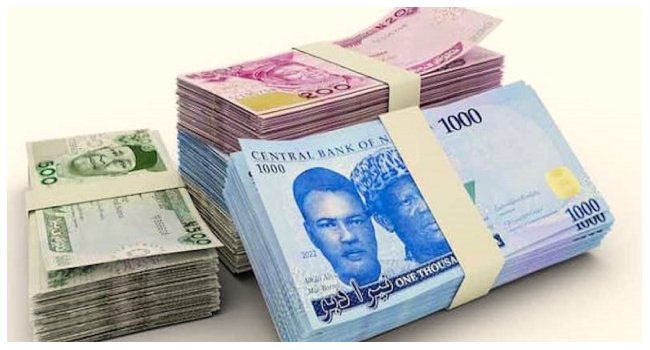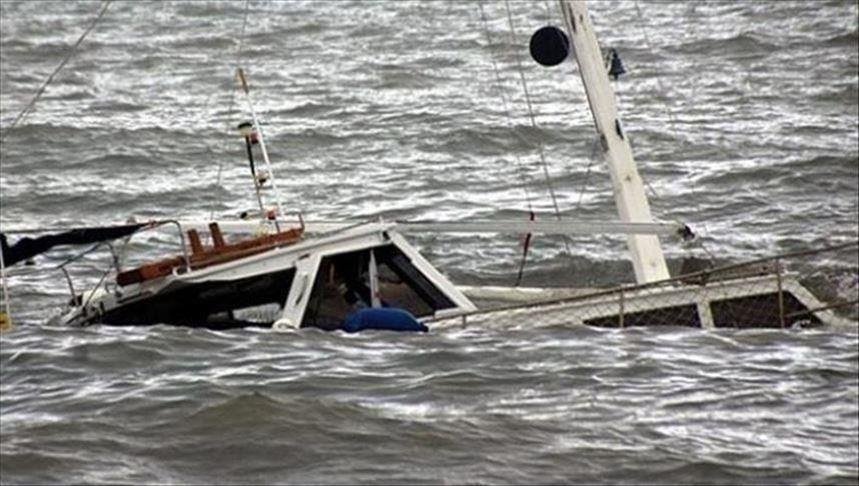Korede Abdullah in Lagos
Emergency vaccination campaigns against deadly diseases like cholera, Ebola, and measles have slashed deaths by nearly 60 percent over the last 25 years, according to a groundbreaking study funded by the Gavi vaccine alliance.
The research, carried out with Australia’s Burnet Institute and published in BMJ Global Health, analysed 210 outbreaks in 49 lower-income countries between 2000 and 2023.
“For the first time, we are able to comprehensively quantify the benefit, in human and economic terms, of deploying vaccines against outbreaks of some of the deadliest infectious diseases,” Gavi chief Sania Nishtar said.
The findings reveal that vaccination efforts not only saved lives but also prevented a similar number of infections while generating nearly $32 billion in economic benefits by averting deaths and disability.
“This study demonstrates clearly the power of vaccines as a cost-effective countermeasure to the increasing risk the world faces from outbreaks,” Nishtar added. Notably, the impact was dramatic for certain diseases: deaths from yellow fever outbreaks dropped by 99 percent and Ebola deaths fell by 76 percent thanks to emergency immunisation.
However, the report warns that this progress could be undone as global funding for vaccines declines and misinformation spreads. The World Health Organization in April flagged a worrying rise in outbreaks of vaccine-preventable diseases, while Gavi — which helps vaccinate over half of the world’s children — is now seeking fresh funding after the US announced it would cut support.
The study pointed out that the estimated $32 billion saved likely undercounts the full economic impact, which does not include response costs or broader disruptions.



